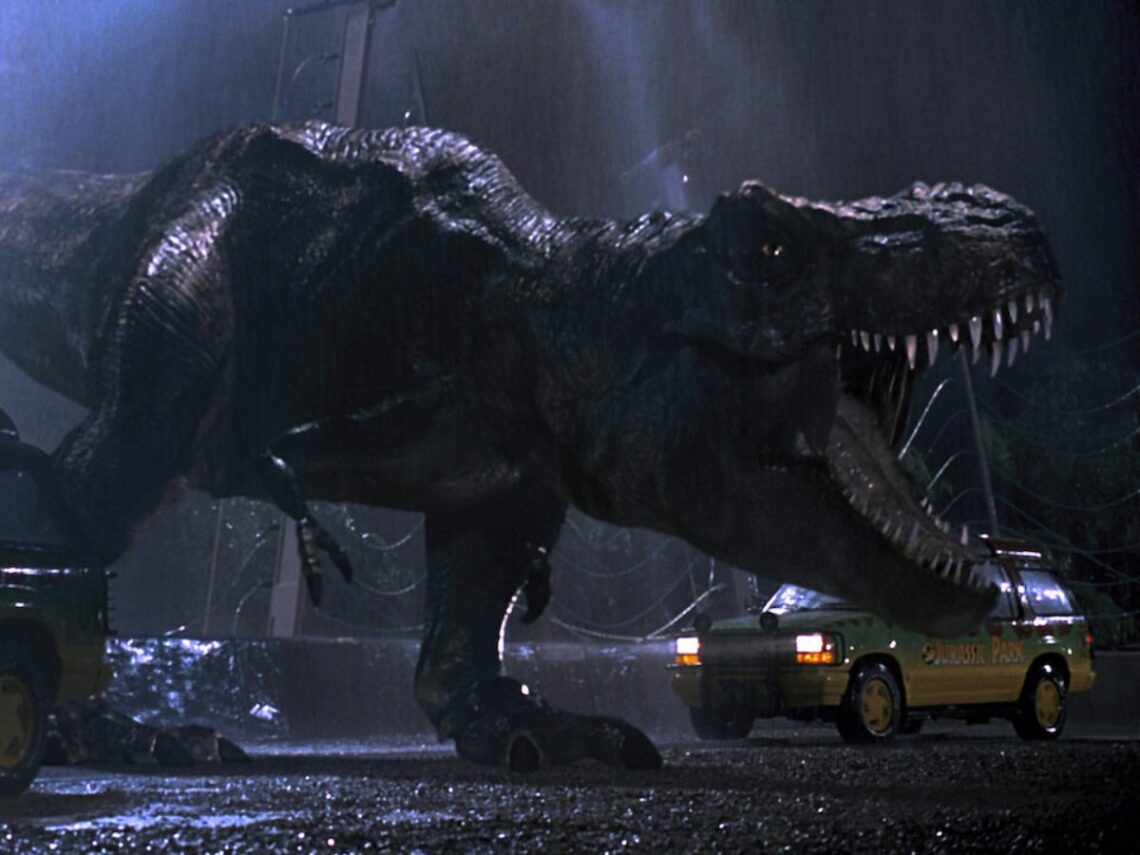
The four directors who battled Steven Spielberg for the right to direct ‘Jurassic Park’
For many film lovers, Jurassic Park is not just a movie. It is a moment. A turning point in their lives where they saw something magical. The kind of big-screen experience that made you believe dinosaurs could walk the Earth again. Even today, watching those towering creatures in a 1993 Steven Spielberg directorial film feels fascinating. And when you remember this was made without the tech we take for granted now, it becomes even more impressive.
The story itself had the potential to be huge. Michael Crichton’s novel was a gripping mix of science, adventure, and danger. The kind of material that could make for a blockbuster in the right hands. And when you see the name Steven Spielberg attached to it, it just makes sense. But here is the twist: he was not the only one after the job.
In 1990, even before the book was published, Hollywood had its eye on Jurassic Park. Crichton, still smarting from the long, drawn-out journey his earlier novel Congo took to reach the screen, wanted to avoid a messy bidding war. He offered the rights for a flat $1.5million. Spielberg read an early copy, instantly connected with the story, and as a lifelong dinosaur fan, he knew he wanted to direct it. Crichton was thrilled. Unfortunately, his agency, CAA, was not ready to just hand it over without exploring other offers.
Soon, three major studios were in the mix, each putting forward its own heavyweight director. Warner Bros suggested Tim Burton, fresh from the gothic world of Batman. Columbia Pictures put up Richard Donner, the man behind Superman: The Movie and The Goonies. 20th Century Fox offered Joe Dante, best known for the quirky chaos of Gremlins.
Crichton met all three, but his mind never wavered. He knew Jurassic Park would be one of the most challenging films ever made, and he believed Spielberg was “arguably the most experienced and most successful director of these kinds of movies.” A week after going on the market, the rights went to Spielberg and Universal. This was six months before the novel even hit shelves.
It is tempting to imagine the alternatives. Burton might have filled the park with stop-motion dinosaurs and shadowy, gothic designs. Donner could have gone for a more family-friendly adventure or leaned into a grittier action tone. Dante himself later admitted he would have loved to direct it, but he was “a little peeved” that Richard Attenborough’s character, John Hammond, was turned from a villain in the book into more of a hero in the film.
And then there was a fourth contender whose name towers over modern cinema. In 2012, James Cameron revealed, “I tried to buy the book rights, and he [Steven Spielberg] beat me to it by a few hours.” He added, “When I saw the film, I realised I was not the right person to make the film, he was. Because he made a dinosaur movie for kids, and mine would have been Aliens with dinosaurs. I’d have gone nastier. Much nastier.”
Spielberg’s vision became a cultural phenomenon, launching a billion-dollar franchise and setting a new standard for blockbuster filmmaking. Still, it is hard not to wonder what Jurassic Park might have looked like through Burton’s gothic lens, Donner’s adventure style, Dante’s playful chaos, or Cameron’s darker, more intense approach. One thing is certain: no matter who made it, the dinosaurs were always going to leave their mark.